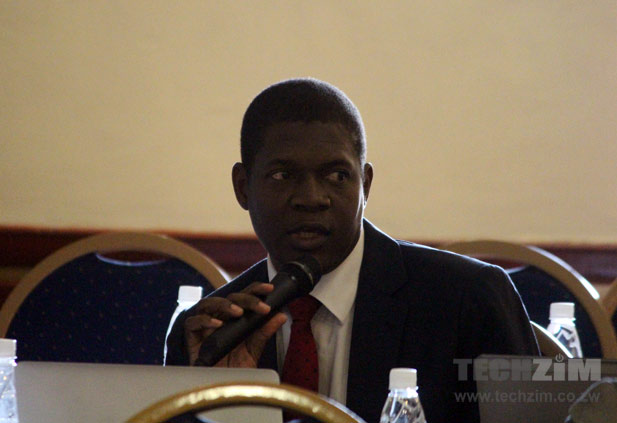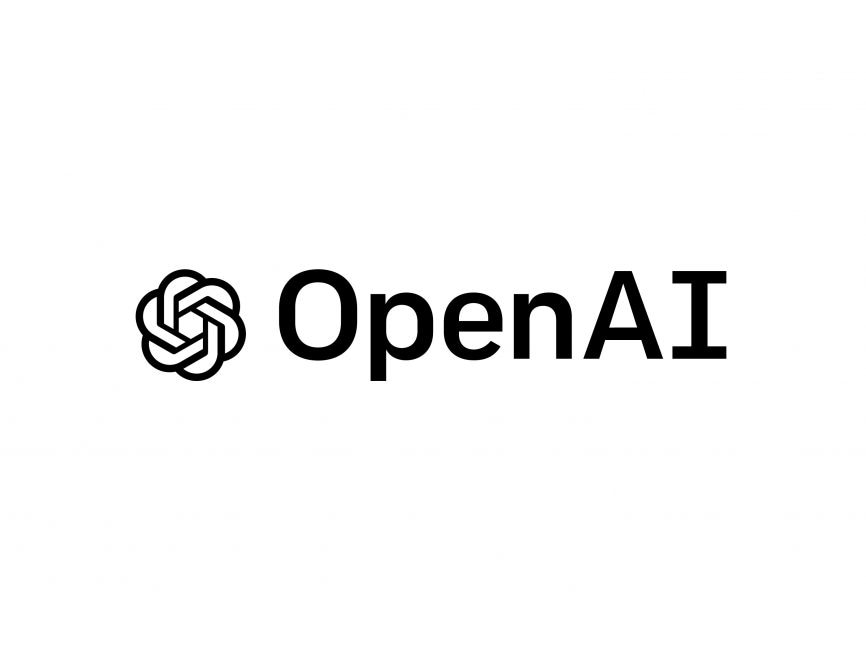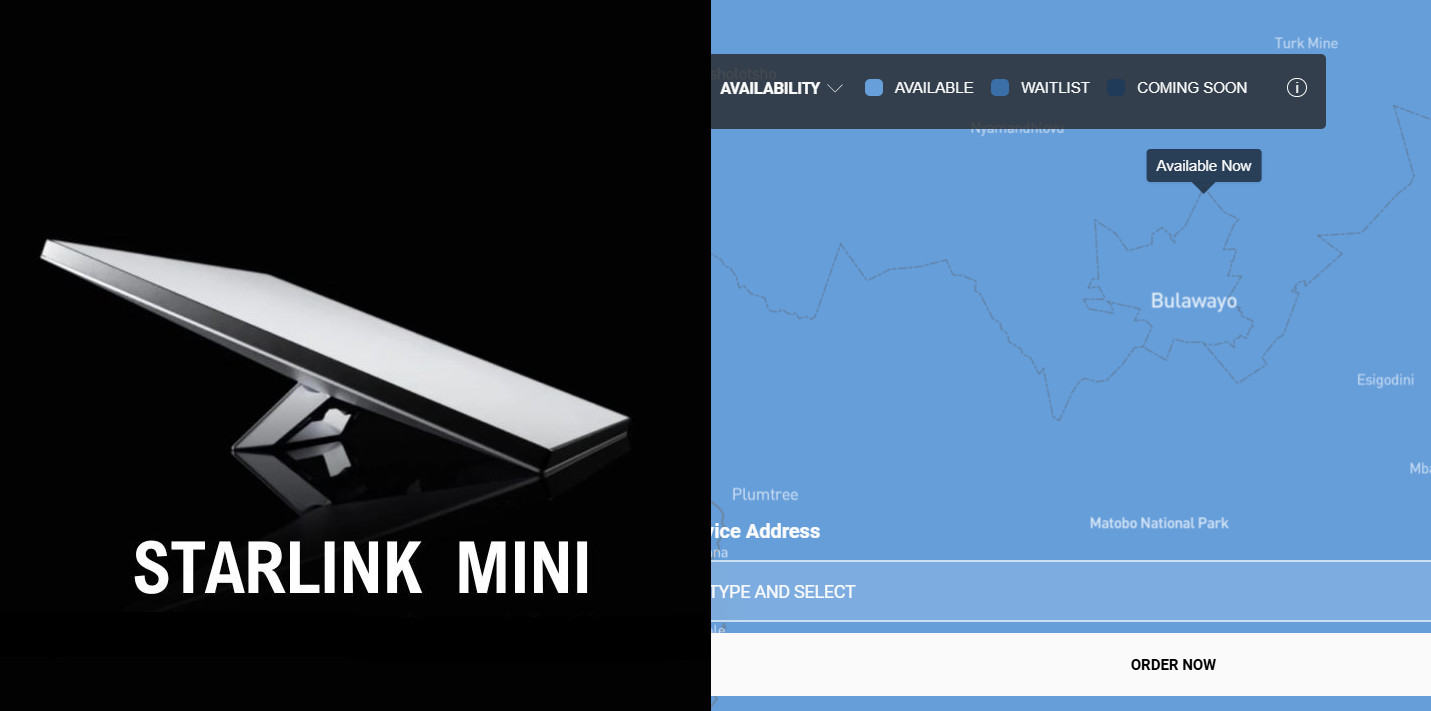Listen, I am with you, I think Mthuli Ncube is going to tax us to the grave. We’re introducing special taxes for chicken and chips now? I don’t know whether to be impressed by the guts to even propose this or by the bootlicking legislators and analysts that The Herald says approve of it.
Let’s put aside the ridiculous taxes and see what the budget says about the government’s position on technology and how it can help lift our little economy.
Digital transformation
The budget talks about the need for a reliable digital system to support the economy, encourage innovation, and tackle challenges like internet access, lack of digital skills, and cybersecurity. No one would object to this.
Mthuli says this should help with creating local ICT products and promoting projects like Smart Health, Smart Agriculture, Smart Government, Smart Cities, and Smart Stadiums. Everything gotta be smart, I guess.
Mthuli recognises that the govt will not succeed at supporting such a digital system without the support of the private sector. He says the govt will seek strategic partnerships with private enterprises. We shall see what comes of it.
e-Government Programmes
Mthuli seems is implicitly saying whatever we are doing with these e-govt programmes is not working. He says “it is imperative that the implementation of the E-Government programme be thoroughly reviewed and reinforced to ensure that the general public derive benefits from these investments.”
That’s him tacitly saying the public is not really benefitting from these programmes. I would agree with this but I’m not getting my hopes up that the thorough review of these programmes will lead to anything.
That said, these programmes have been allocated ZiG140 million in 2025.
ICT in Education
The government will invest in ICT infrastructure and equipment to support e-learning in schools. The 2025 focus is on getting laptops, projectors, printers, internet connectivity, and e-learning software for schools, with ZiG109 million allocated for the “ICT Lab per School” program.
Again, it all sounds good on paper although I know everyone will have an option on whether the US$3.7 million allocated to the program is appropriate. What we need the most is transparency on how the program has fared so far. It should be easily accessible to everyone and not just to those who know which doors to knock on.
Universal Services Fund (USF)
Ah, our favourite multimillion dollar fund administrated by Potraz. I’ll challenge you to find any program with less transparency than the USF.
Potraz collects taxes from mobile operators that is meant to bridge the digital divide. You know, to invest in those places that it doesn’t make business sense for the operators to invest in.
Mthuli says in 2025, the Universal Services Fund will deploy ZiG594 million for initiatives such as constructing base stations and digital service centers, deploying telemedicine in health centers, and training people with disabilities in ICT services.
When the USF in concerned I think this Shona proverb applies: Totenda dzanwa … I won’t say ‘dzaswera nebenzi’ but we will reserve praise until we actually see this deployment.
Centralized ICT Procurement
You might recall a couple of years ago when it was revealed that the Zimbabwean Parliament had bought US$9200 laptops. It was clearly a case of overinflated invoices and Mthuli thinks the solution is centralised ICT procurement.
The budget suggests a unified system for buying ICT tools and services for the government. This system will involve a three-part framework, supported by experts from different organizations. The goal is to improve efficiency, ensure fair use of resources, and make better use of public funds.
AI
You knew artificial intelligence would make an appearance. There’s no getting around it. Mthuli says the government recognizes the potential of AI in creating new industries, fostering innovation, and addressing challenges in various sectors, including healthcare, agriculture, education, finance, and public service delivery.
The govt will try to ‘harmess the power of AI’ by investing in STEM education, promotion of AI research and development in universities, and collaboration between academia, research institutions, and industry.
I have to admit, I’m pessimistic on this. Maybe it’s me but this: “strong collaboration between the academia, research institutions and industry in driving innovation, prototype new solutions and incubate AI startups” sounds like a dream, I haven’t really seen it before but would love to be corrected on this.
Cybersecurity
A few weeks ago we talked about a report that said Zimbabwe was the third most attacked country in the world.
While some may debate that ranking, what’s not up for debate is that we are sitting ducks out here and cyber criminals are doing whatever they want with us, treating us as a training ground to hone their skills before attacking wealthier nations and companies.
Mthuli says the government will prioritize the use of appropriate technologies, policies, and practices to protect devices, networks, software, and data from cyber threats.
National Data Centre
There will also be the National Data Centre which is supposed to be a safe, central hub for the Government’s private cloud. It will be upgraded to handle the Government’s digital applications and IT systems. Older national systems will be moved to this centre to improve how the Government manages its operations.
We shall follow up on this National Data Centre. It sounds like a good idea but we need it to be successfully implemented.
The work begins
A budget is but a budget, we shall see if these allocations actually help the country achieve its goals.
The biggest challenge to the country achieving its goals, especially these ICT related ones is one called ZESA. A significant power deficit is projected to continue until 2030 and I don’t know how we ‘harness the power of AI’ in the dark.
I saw a number of analysts angry at the allocation given the Energy Ministry considering the massive problem at hand. I don’t what to think about this. With the leadership of Gata at ZESA and whatever Moyo is doing at the Ministry of Energy, I don’t know if a bigger allocation would achieve anything.
The 2025 National Budget has allocated ZiG259.8 million (about US$8-9 million) to the Ministry of Energy and Power Development. These funds will be used to facilitate investment in:
- Power generation
- Transmission and distribution network
- Rural electrification
The budget emphasizes the need for collaboration between the government, private sector, and academia to effectively implement all these initiatives. The country doesn’t have a good track record on this, so there is a lot of work to be done.
It also calls for increased efforts in attracting foreign direct investment and promoting local content within the framework of the African Continental Free Trade Area. I think ZIDA is trying its best to attract foreign investment but the current state of affairs is making it harder.
We hope for the best and prepare for the worst. That’s what living in Zimbabwe has taught me.














Comments
9 responses
As long that womais responsible for our national technological affairs we r going nowhere. Anyway we r moving from cable tv but they’re still talking about migrating from analogue to digital
What’s this chicken and chips tax, anyone?
I forgot when I last had the iconic Zimbabwean take-away chicken, not even when every corner in Harare has some Chicken shop! Well, every corner shop will be doing its part supporting Zimbabwe’s budget!!!
This mad man. Has degrees in how to destroy a country. Are we it’s not him who invented program economic adjustment program that destroyed the economy 2 decades ago
“Mthuli says the government will prioritize the use of appropriate technologies, policies, and practices to protect devices, networks, software, and data from cyber threats.”
Gmail tax, YouTube tax, Netflix tax, TikTok tax, maybe even a porn tax. All guaranteed to keep you safe online.
China Our “friend” in the East has a mantra if you want to get rich, first build roads.
And then we have the Zim govt. As usual this budget was full of pain (taxes) wild dreams (AI, telemedicine,) outright lies (centralised procurement). simply pathetic efforts at solving an urgent issue problem (us$9 million)
And grandiose pie in the sky nonsense (national data center)
And that’s basically it.
It’s got to rate as the most pathetic budget I’ve seen in all my years.
he should have focused on upgrading zesa because this IT requires power.
the bootlicking legislators and analysts are soon going to be licking boots overtime , as they wont be able to afford chicken and chips to lick on for much longer …
The focus on AI and national data centers in the 2025 budget is a promising step toward advancing digital infrastructure. Accurate and efficient data management is critical, not just for innovation but also for improving essential services like visa processing and document management.
For instance, ensuring correct information in official documents is vital for smooth operations. I recently came across a resource that provides a step-by-step guide for correcting name errors on Qatar visas: Qatar Visa Name Correction Process. It’s an example of how digital solutions can simplify traditionally complex tasks.
Looking forward to seeing how these initiatives improve overall ICT frameworks in Zimbabwe and beyond!